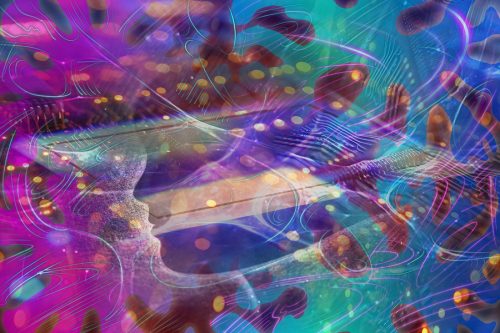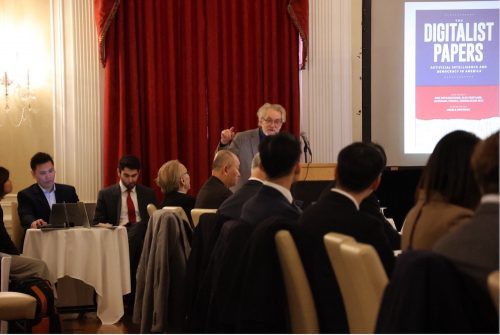These days, every business is a software business. As companies try to keep up with the rush to create new software, push updates, and test code along the way, many are realizing that they don’t have the manpower to keep pace, and that new developers can be hard to find. But, many don’t realize that it’s possible to do more with the staff they have, making use of new advances in AI and automation. AI can be used to address bugs and help write code, but it’s greatest time saving opportunity may be in unit testing, in which each unit of code it checked — tedious, time-consuming work. Using automation here can free up developers to do other (more profitable) work, but it can also allow companies to test more expansively and thoroughly than they would have before, addressing millions of lines of code — including legacy systems that have been built on — that may have been overlooked.
Not all of the software development workflow can be automated, but gradual improvements in technology have made it possible to automate increasingly significant tasks: Twenty years ago, a developer at SUN Microsystems created an automated system — eventually named Jenkins — that removed many of the bottlenecks in the continuous integration and continuous delivery software pipeline. Three years ago, Facebook rolled out a tool called Getafix, which learns from engineers’ past code repairs to recommend bug fixes. Ultimately these advances — which save developers significant time — will limit failures and downtimes and ensure reliability and resilience, which can directly impact revenue.
But as AI speeds up the creation of software, the amount of code that needs to be tested is piling up faster than developers can effectively maintain. Luckily, automation — and new automated tools — can help with this, too.
Automation is coming to all parts of the software development process, some sooner than others — as AI systems become increasingly powerful, the options for automation will only grow. OpenAI’s massive language model, GPT-3, can already be used to translate natural human language into web page designs and may eventually be used to automate coding tasks. But eventually, large portions of the software construction, delivery, and maintenance supply chain are going to be handled by machines. AI will, in time, automate the writing of application software altogether.
The original article was published at the Harvard Business Review.
In support of positive AI development for the society, Michael Dukakis Institute for Leadership and Innovation (MDI) and Boston Global Forum (BGF) has established Artificial Intelligence World Society Innovation Network (AIWS.net). In this effort, MDI and BGF invite participation and collaboration with governments, think tanks, universities, non-profits, firms, and other entities that share its commitment to the constructive and development of full-scale AI for world society. This initiative is to develop positive AI for helping people achieve well-being and happiness, relieve them of resource constraints and arbitrary/inflexible rules and processes, and solve important issues, such as SDGs.










